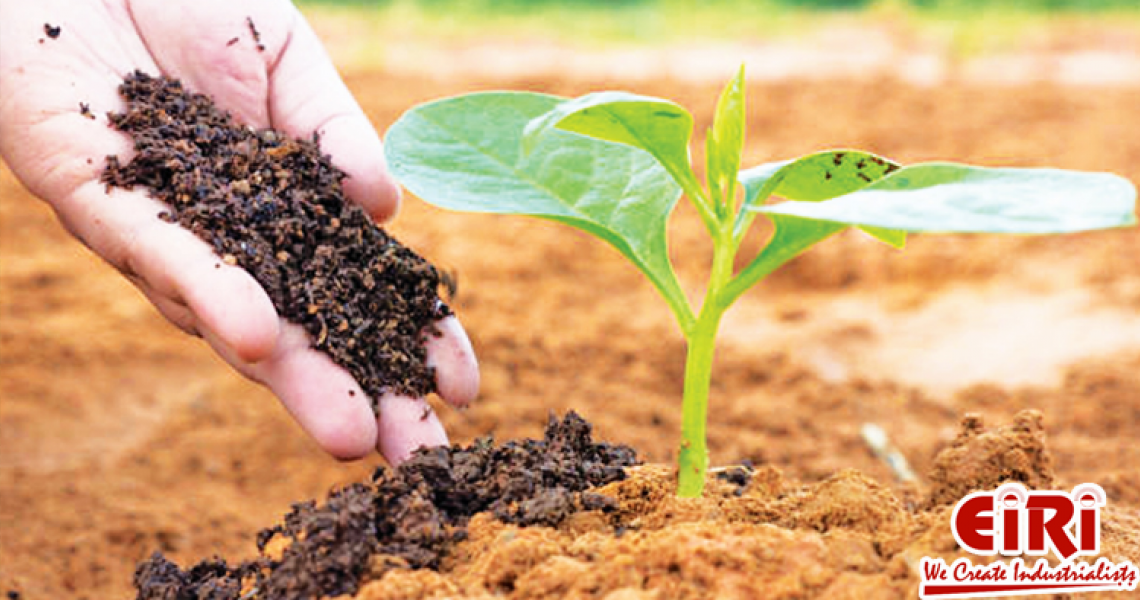Future Of Organic Farming in India

Organic farming is the production system eliminating largely the synthetic compounded fertilizers usage. It also does not use pesticides, growth regulators, or feed additives. Organic farming is a way of reducing soil erosion, conserving water, improving soil fertility, and reducing poisonous chemicals usage and food artificial pesticides. Promoting organic farming is the need of the hour as chemical farming affects our health and harms the environment. However, though organic farming is good, feeding a growing global population is difficult. At the same time, livestock products are in huge demand yet the organic food market enjoys a bright future.
Current scope in organic farming
The shift towards organic farming is gradual and because we are consumers, it is of concern about the health impacts of consuming chemical fertilizers and pesticides accidentally. The USDA in the 1990s standardized Organic terms as the farmers do not make use of pesticides, synthetic fertilizers, fungicides, or herbicides to grow their produce.
Organic agriculture will prosper in India and will contribute in feeding 1.5 billion people by 2030. According to statistics by Assocham and TechSci, the organic farming market in India will reach around $1.36 billion by 2020 with a growth rate of 25-30% per year.
Conventional farming is not appreciated for its soil erosion and biodiversity loss, besides there is high water pollution with the synthetic fertilizers and pesticides rampant usage. On the other hand, organic farming is a more sustainable alternative for food production. There is a wider plant variety and it promotes better soil quality, while it reduces pollution from pesticide run-off or fertilizers.
The glaring concern is that organic farming yields are lower than conventional farming and it requires acquiring more land to fulfill the demand.
Organic Farming can replace Conventionally
The concern of consumers over the production of organic food and the modern farming method's effect on the environment is increasing daily. More farmers are shifting to organic farming. Bhutan has set an example by shifting to organic farming to 100% having merely 700,000 people. However, the question stays without synthetic inputs will organic farming replace the methods of conventional farming.
Future forecast of the organic farming industry
A very big question in India is will organic farming continues in the future. Organic agriculture anticipates prospering and contributing to 1.5 billion people feeding by 2030. The organic farming market will show a growth rate per year of 25-30% is the statistics by TechSci and Assocham.
More people are embracing the organic farming idea lately and are concerned with environment and health care issues as they are facing new gastronomic experiences.
Shifting to organic agriculture is promising concerning nature improvement and welfare, besides food diversity. The organic farming benefits include natural food and higher nutritional value that the food produces including chemical additives. Many consumers do not mind paying higher prices to buy natural products. The high demand with the increased supplies and the practices of organic farming exploration is showing a brighter future.
Organic Agriculture Principles
- Health - The organic farming health principle suggests avoiding chemicals causing a negative impact, affecting crops, animals, microscopic soil organisms, and humans. The agriculture relating to organic farming confirms healthy soil produces healthy crops and fosters sound body and mind, regeneration properties, good immunity, and zero diseases.
- Ecology- The ecology principle involves using techniques environmentally friendly such as fostering soil quality. It eliminates nature pollution, thereby preventing erosion, depletion, and degradation. It provides its ecosystem members favorable living conditions to interconnect. In agriculture, eco-practices help maintains proper balance and save the natural resources from depletion. It restores soil fertility, encourages recycling, uses non-synthetic matters such as animal and green manure, and the genetic diversity of species.
- Integrated Pest Management - Organic farming does not destroy pests as it changes the ecosystem. Agriculture strongly relies on pest control alternative methods such as creating natural barriers, prevention, tackling pest invasions using their predators (biological enemies), physical removal, etc.










